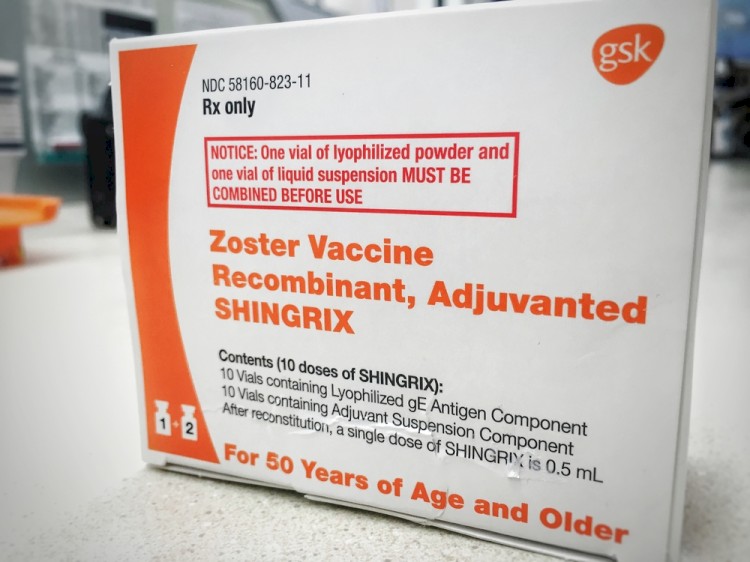kit asked
If I am having a reaction to Shingrix, including aching, loss of appetite, headache, and fatigue, is it ok for me to take Benadryl?
At a glance
- There is no known interaction between the Shingrix vaccine and Benadryl (diphenhydramine).
Answer

Yes, you can safely take Benadryl (diphenhydramine) after having been administered Shingrix. There is no potential interaction to be concerned about that we know of.
It is important to note however, that if you are taking Benadryl to help reduce the side effects you mentioned in your question (e.g. aching, headache, fatigue etc...), it likely won't be effective.
Benadryl is a first-generation antihistamine that is sometimes used in cases of anaphylaxis (a serious, life-threatening reaction), but only to treat certain symptoms. These symptoms include:
- Itching
- Redness
- Hives
Basically, antihistamines like Benadryl can help to reduce cutaneous (i.e. relating to the skin) adverse reactions resulting from vaccines, but are absolutely not a 'catch-all' for all the possible side effects. They especially cannot be used as a sole treatment for anaphylaxis since they don't help with the respiratory of cardiovascular problems that can arise.
Medical guidelines for the emergency management of anaphylaxis in children and adults only recommend to consider using diphenhydramine, and further state that it is only for the relief of itching and hives.
If anaphylaxis does occur after vaccine administration, epinephrine is the first and most important treatment that should be administered.
Nevertheless, as mentioned, Benadryl can certainly help to reduce itching and hives, just don't rely on it for the other side effects that can occur after Shingrix administration.
While we're on the subject of Shingrix side effects, you may want to look at another article we wrote that discusses this subject (Shingrix side effects).
The most common side effects after receiving the Shingrix vaccination are:
- Injection site pain
- Injection site redness
- Injection site swelling
- Muscle aches
- Fatigue
There isn't a whole lot you can do to mitigate these effects. Again, Benadryl may help to reduce local redness and itching, but not much more than that.
Sometimes your doctor may recommend taking an analgesic drug (like Tylenol) after a vaccine to reduce muscle pain and fever (if one develops), but this is somewhat of a controversial subject.
Some preliminary studies report that drugs like Tylenol (acetaminophen) could reduce our immune response to vaccines.
However, more comprehensive review studies report that we simply do not have enough information to adequely determine if analgesics should be avoided post-vaccination.
One such study, published in 'Human Vaccines and Immunotherapeutics', stated the following:
"Thus, at this time, there is no clear answer as to whether antipyretic analgesic administration blunts the immune response to a degree that could result in vaccine failure."
Until we know more, you may want to try and avoid drugs like acetaminophen to help with vaccine side effects unless your doctor specifically recommends them to you.
In place of medication, sometimes simple strategies, like placing a wet washcloth on sore spots, or moving your affected arm around, can help to reduce pain and swelling.
References
- Emergency treatment of anaphylaxis in infants and children. PubMed
- Preventing and Managing Adverse Reactions. CDC
- A Practical Guide to Anaphylaxis. AAFP
- Guideline for acute therapy and management of anaphylaxis. PubMed
- Recombinant Shingles VIS. CDC
- Effect of antipyretic analgesics on immune responses to vaccination. CDC
- Clinical Immunization Safety Assessment (CISA) Clinical Research Studies. CDC



